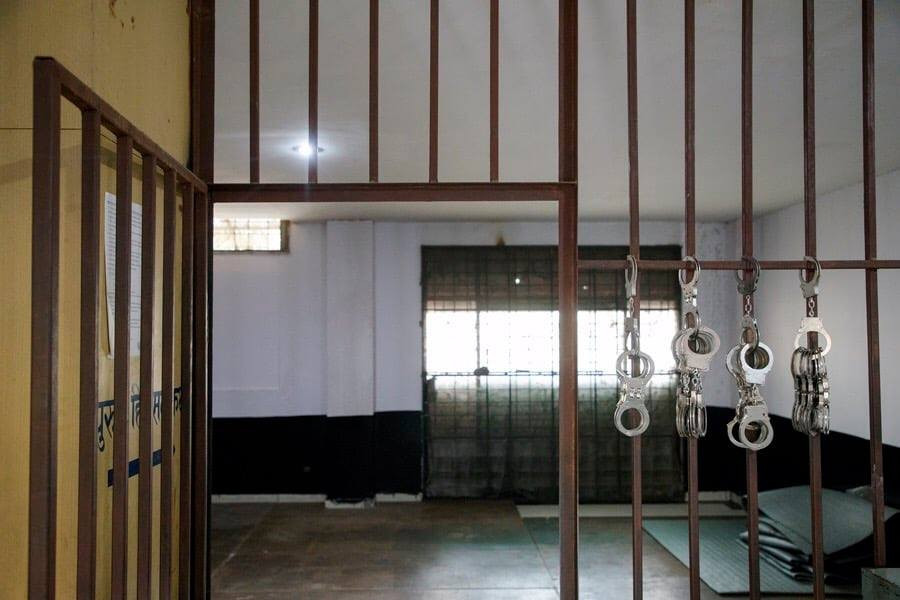Editorial
Protect jailbirds
The government cannot abscond from its duties of upholding human rights amidst Covid-19.
Over the past few months, more than 200 inmates have been added to Nepal’s prison system every month. Official data shows that across the country, there were 24,525 jailbirds in the month of Shrawan and the number increased to 24,773 the following month. The increment, officials say, is because Nepal Police have arrested absconding criminals. The ever-increasing number of inmates has stretched the country’s prison infrastructure which can only accommodate 16,000 inmates. And given the pandemic and new admissions, keeping inmates safe in overcrowded prisons has become a challenge.
Nepal has a poor record of prison system management. The Central Jail in Kathmandu, for instance, holds some 3,100 persons against its capacity of 1,400 inmates. As such, the country’s prisons and jails could be hotbeds for infectious disease, because physical distancing and self-isolation measures and access to hygiene and health care are impossible and nonexistent. There have already been accounts of Covid-19 infections and deaths amongst inmates. The inmates serving their terms behind bars are more vulnerable to Covid-19. Both the government and law enforcement agencies must vigilantly monitor the situation and come up with a meaningful and humane response. While it is good that fugitives are getting arrested, it is also the government’s responsibility to ensure that they are protected from the disease.
Owing to the Covid-19 situation, the Supreme Court last month directed the government to immediately release or reduce jail terms of inmates living in vulnerable conditions in various prisons across the country. The ruling stated that overcrowded prisons violate the right to health of the prison inmates and ordered authorities to seek alternative ways of penalising those behind bars. The apex court also ordered the government to prioritise children, pregnant women, women with newborns and people with underlying health conditions while releasing or reducing the jail terms of inmates. Earlier, the Parliamentary Law, Justice and Human Rights Committee had also issued a directive to minimise the number of jailbirds through a policy decision to ensure proper management of the jails considering the possible outbreak of coronavirus.
Reducing overcrowding in prisons and jails is one of the best ways to protect the inmates. Although some 1,000 inmates have already been released since an earlier Supreme Court order in March, it is not enough. Nepal is also obligated under the international human rights accords to ensure health care and safety of people in prisons and jails regardless of citizenship, nationality, or migration status. The government must identify the vulnerabilities of the inmates as well as the staff managing the prisons and jails in view of the possibility that the outbreak can also spread to the general public. It is thereby vital that the government include prison management under its overall efforts to contain the pandemic because crowded prisons and jails are potentially catastrophic.
Three weeks ago, Nepal was reelected to the United Nations Human Rights Council for a second term. The government cannot abscond from its duties of upholding human rights in the country while championing the cause in the international arena. It is, therefore, the responsibility of the government to ensure that all people have access to health care, especially when it comes to protecting inmates’ physical and mental health and well-being, as set out by the UN Standard Minimum Rules for the Treatment of Prisoners. Pandemic or not, the fundamental rights of people behind bars must be protected by the government, and the government must act now and stop putting incarcerated lives at risk.
***
What do you think?
Dear reader, we’d like to hear from you. We regularly publish letters to the editor on contemporary issues or direct responses to something the Post has recently published. Please send your letters to [email protected] with "Letter to the Editor" in the subject line. Please include your name, location, and a contact address so one of our editors can reach out to you.




 14.24°C Kathmandu
14.24°C Kathmandu














